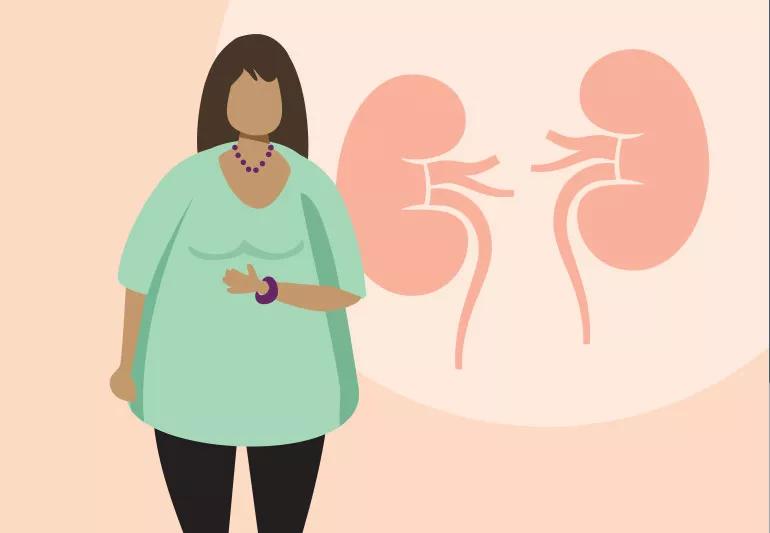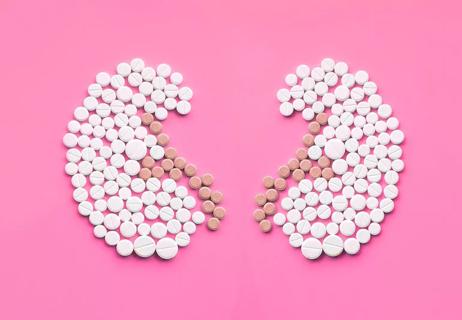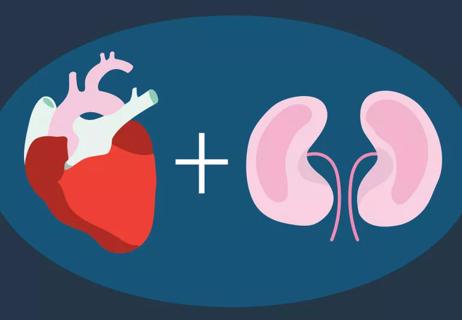Another good reason to fight weight gain

We all know that carrying around extra body fat isn’t good for us. But you may not realize that losing weight can help prevent kidney disease in otherwise healthy people.
Advertisement
Cleveland Clinic is a non-profit academic medical center. Advertising on our site helps support our mission. We do not endorse non-Cleveland Clinic products or services. Policy
A BMI > 25 (having overweight) or > 30 (having obesity) is a risk factor for kidney disease, says nephrologist Hernan Rincon-Choles, MD, and it’s also associated with the progression of the disease. So trimming down might also slow disease progression in people already diagnosed with chronic kidney disease.
Studies have shown that people with metabolic syndrome, a cluster of factors that increases your risk for heart disease and type 2 diabetes, are also more likely to develop kidney disease than people without it.
Characteristics of metabolic syndrome include:
It’s important to note that even if your medication does a good job controlling your blood sugar, blood pressure or cholesterol levels, you are still at an increased risk for kidney disease if you have overweight or obesity.
In people who already have chronic kidney disease, having metabolic syndrome increases the chances that their condition will progress to end-stage renal disease. People with end-stage renal disease must be treated with dialysis or a kidney transplant.
Advertisement
Start by getting to a healthy body weight. This can reduce your risk of developing obstructive sleep apnea, increased urine protein excretion, type 2 diabetes and high blood pressure, which in turn will lower your risk for developing kidney disease, Dr. Rincon-Choles says.
But if you know you have kidney disease, it’s especially important not to start a weight loss program without talking to your doctor. Some popular diets that are high in protein and low in carbohydrates can be harmful.
A diet too high in protein puts added strain on your kidneys. And, when your body is burning fat rather than glucose from carbohydrates, you run the risk of going into ketosis, a metabolic state that can cause kidney damage.
Be sure to talk to your doctor and dietitian to develop a weight-loss plan that meets your nutritional needs and protects your health.
Advertisement
Learn more about our editorial process.
Advertisement

Learn which drugs and supplements can damage your kidneys

Too much protein can be taxing on the kidneys

Expect some new prescriptions, as well as recommendations to avoid some medications

What's good for one is good for the other

From medications and stress to PCOS and STIs, there’s a wide range of reasons Aunt Flo may overstay her welcome

Most recommended precautions center around minimizing bruising or swelling

Even one drink can have an impact on your cognitive function leading to slurred speech, blurred vision and impaired memory

Type 2 diabetes isn’t inevitable with these dietary changes

Applying a hot or cold compress can help with pain